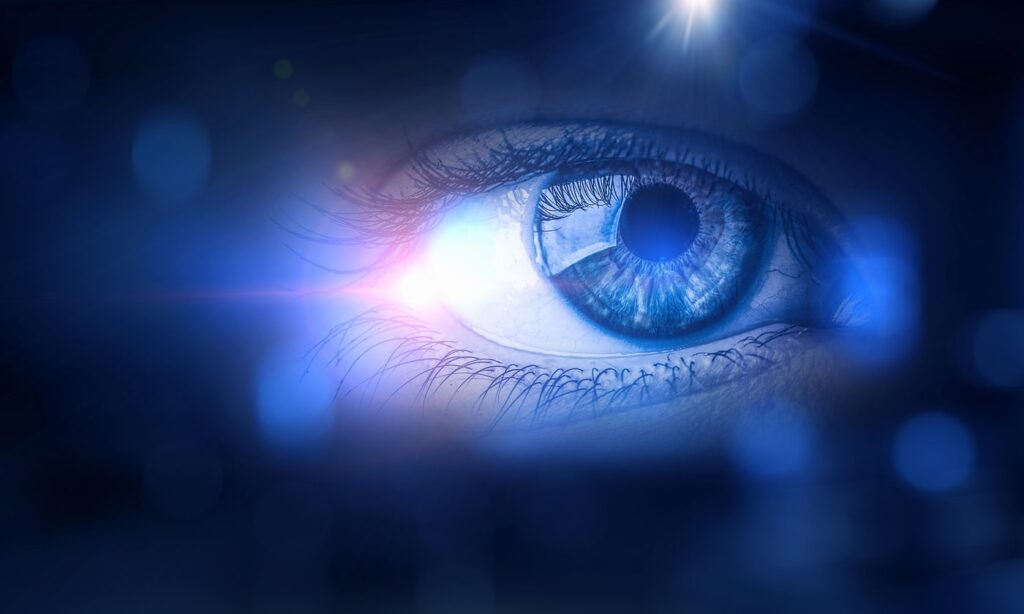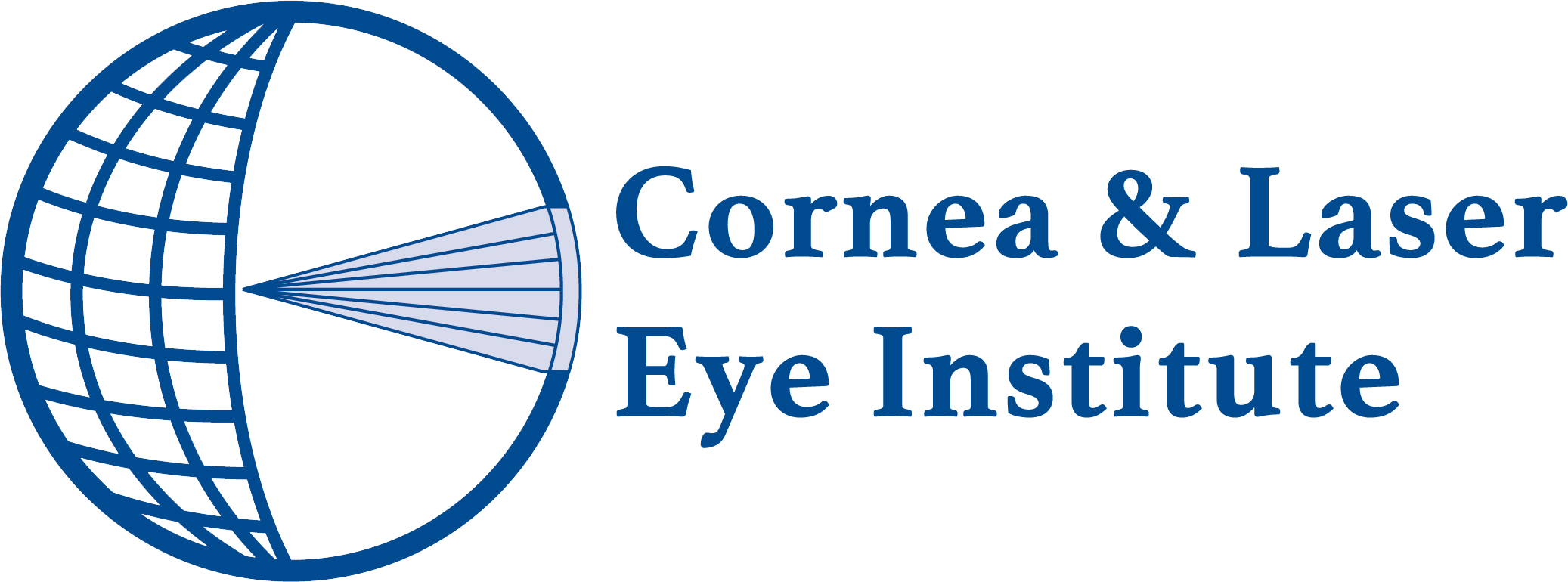
If you’ve ever struggled with poor night vision, you know how challenging it can be to navigate in low-light conditions. Whether you’re driving at night, walking in dimly lit areas, or simply trying to enjoy an evening out, compromised night vision can significantly impact your quality of life. However, with advancements in medical technology, there may be a solution: LASIK eye surgery. In this article, we will explore a few common misconceptions about LASIK and night vision, what studies show about night vision after LASIK, and what to expect as far as effects of LASIK on night vision, both in the short- and long-term.
Common Misconceptions About LASIK and Night Vision
There are several misconceptions surrounding LASIK surgery and its impact on night vision. While it is true that some patients may experience temporary changes in night vision immediately after LASIK, these changes are usually short-lived and resolve between one month and one year after surgery. For many patients these symptoms resolve in the first month. Rarely,modern LASIK causes permanent night vision problems.
Another misconception is that LASIK can improve night vision for everyone. While LASIK can significantly improve overall vision, it may not have the same effect on night vision for everyone. It is important to understand that individual results may vary due to a variety of factors like pre-existing corneal shape and your original glasses prescription.
Studies and Research on LASIK and Night Vision
Numerous studies have been conducted to evaluate the impact of LASIK surgery on night vision. The results are clear: the majority of patients who undergo the LASIK procedure report improved night driving compared to before surgery.
For example, according to an FDA study, the number of patients reporting visual disturbances at night such as glares and halos was significantly higher before LASIK surgery. The vast majority of patients in this study reported improved night vision and resolution of bothersome symptoms just three months after their surgery. Modern LASIK, including larger optical zone treatments, wavefront optimized, and topography guided treatments have improved night vision symptoms further since the FDA trial.
LASIK and Night Vision: Short-term Effects
After undergoing LASIK eye surgery, it is not uncommon for patients to experience temporary changes in their night vision. This can include issues such as glare, halos around lights, or difficulty seeing in low-light environments. If you look carefully at a street light or headlight with your glasses and contact lenses at night, you will likely notice that some of these symptoms exist prior to LASIK surgery. These short-term effects are typically a result of the cornea’s healing process, and neuroadaptation (the brain adjusting) to vision from the newly shaped cornea. For most people, there is usually a significant improvement in night symptoms one month after surgery, but for some people resolution of these symptoms can take up to one year.
It’s important to note that not all patients will experience these temporary side effects. If you do experience these symptoms, your eye doctor will provide guidance on managing them during the healing process. This may involve the use of eye drops or wearing glasses when necessary.
LASIK and Night Vision: Long-term Effects
For most people, LASIK can significantly enhance their ability to see clearly at night. This is because LASIK corrects common vision problems, such as nearsightedness, farsightedness, and astigmatism, which can all contribute to poor night vision.
By reshaping the cornea, LASIK allows light to focus correctly on the retina, leading to sharper and clearer vision. This can greatly reduce or eliminate issues such as glare and halos, making nighttime activities much more enjoyable and safer. However, if you have pre-existing conditions that affect night vision, such as cataracts or retinal disorders, LASIK may not completely resolve these issues, and alternative procedures like cataract surgery may be better suited to improve your vision at night.
What if Poor Night Vision Persists After LASIK?
In some cases, poor night vision may persist even after undergoing LASIK eye surgery. If this occurs, it is essential to consult with your eye doctor to determine the underlying cause. Your eye doctor may recommend additional treatments or procedures to address the issue. These can include the use of eye drops at night, specialized contact lenses, the performance of a secondary LASIK procedure, or the treatment of any pre-existing eye conditions that may be contributing to the issue.
Safety Considerations for Driving at Night After LASIK
Driving at night can be challenging, even with perfect vision. If you’ve recently undergone LASIK eye surgery, your eye doctor will provide specific guidelines on when it is safe for you to resume driving after LASIK. It’s crucial to follow these recommendations to ensure your eyes have fully healed and your vision is stable. Never get behind the wheel until your doctor says it is safe to do so.
Remember, everyone’s healing process is different, and it may take some time for your vision to fully stabilize after LASIK. Be patient with yourself and prioritize safety above all else.
Conclusion
If you’ve been wondering how to see better at night, know that LASIK eye surgery can be a life-changing procedure for you. While short-term side effects may occur, most patients experience significant improvements in their ability to see clearly at night. However, if poor night vision persists after LASIK, consult with your eye doctor to determine the underlying cause and explore potential treatments.
If you’d like to enjoy the benefits of improved vision and confidently navigate low-light environments, we invite you to learn more about LASIK eye surgery as a safe and effective procedure. Booking a free consultation with a CLEI LASIK surgeon is a great way to take the first step towards clearer vision and a brighter future.




